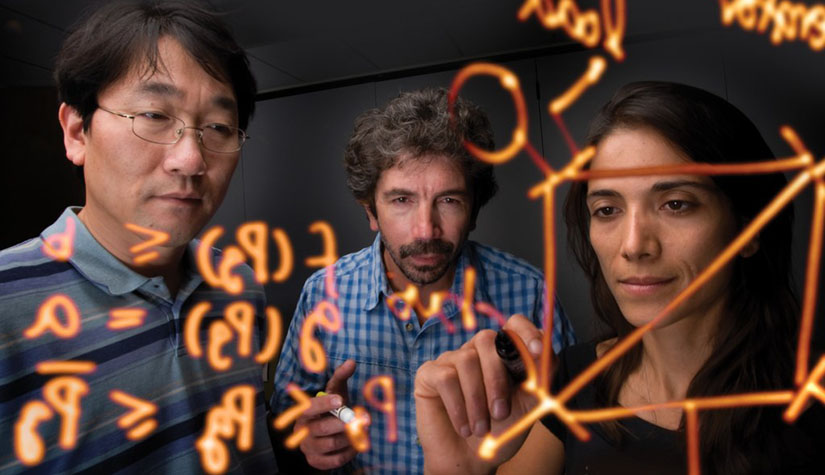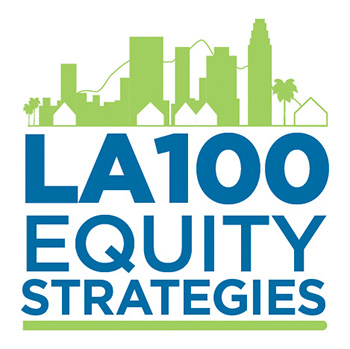Behavioral Science and Clean Energy Policy
NREL researchers examine the interactions among people, policy, and technology using behavioral science methodology to analyze community-specific social, cultural, and political ramifications of clean energy innovations.

Effective Policy Decisions
NREL's cross-disciplinary approach explores the collaborative actions that engineers, urban planners, government agencies, and others can take to harness the transformational potential of innovations. Behavioral science helps avoid possible pitfalls that can prevent more widespread adoption of clean energy.
This body of research helps pinpoint how decision makers can most effectively translate clean energy commitments into meaningful actions with sustained positive effects for people, the environment, and the economy. Efforts that neglect to examine the social, behavioral, cultural, and political barriers to technology adoption—ranging from financial roadblocks to cultural values—are less likely to succeed.
NREL's behavioral science helps identify the reasons disadvantaged or historically underserved populations sometimes do not take advantage of aid they desperately need. For example, city programs designed to equip low-income households with affordable cooling systems often fail to reach the most vulnerable urban residents, who are ineligible as renters rather than homeowners.
NREL researchers' understanding of underlying issues helps align policies and programs to make real differences in the lives of the populations intended to receive the aid.
Case Study: Centering Equity in the Clean Energy Transition

As the Los Angeles Department of Water and Power transitions its city to 100% renewable energy, NREL's behavioral science team works with local community members and organizations to chart more equitable pathways for the city. Using qualitative research methods such as focus groups and interviews, researchers gather critical input from the residents most affected by the current energy system to use as the foundation for the Los Angeles 100% Renewable Energy initiative.
They analyze this empirical data to reveal key barriers and needs and assess the viability of solutions identified by study participants. These research findings ground subsequent development and policy decisions in concrete, place-based experiences.
Publications
Exploring Citizen Infrastructure and Environmental Priorities in Mumbai, India, Environmental Science & Policy (2016)
Looking Beyond Bill Savings to Equity in Renewable Energy Microgrid Deployment, Renewable Energy Focus (2022)
Risk Inequality and the Food-Energy-Water (FEW) Nexus: A Study of 43 City Adaptation Plans, Frontiers in Sociology (2021)
The Impacts of Changes to Nevada's Net Metering Policy on the Financial Performance and Adoption of Distributed Photovoltaics, NREL Technical Report (2017)
Contact
Adam Warren
Director, Accelerated Deployment and Decision Support Center
Adam.Warren@nrel.gov303-275-4346
Share

